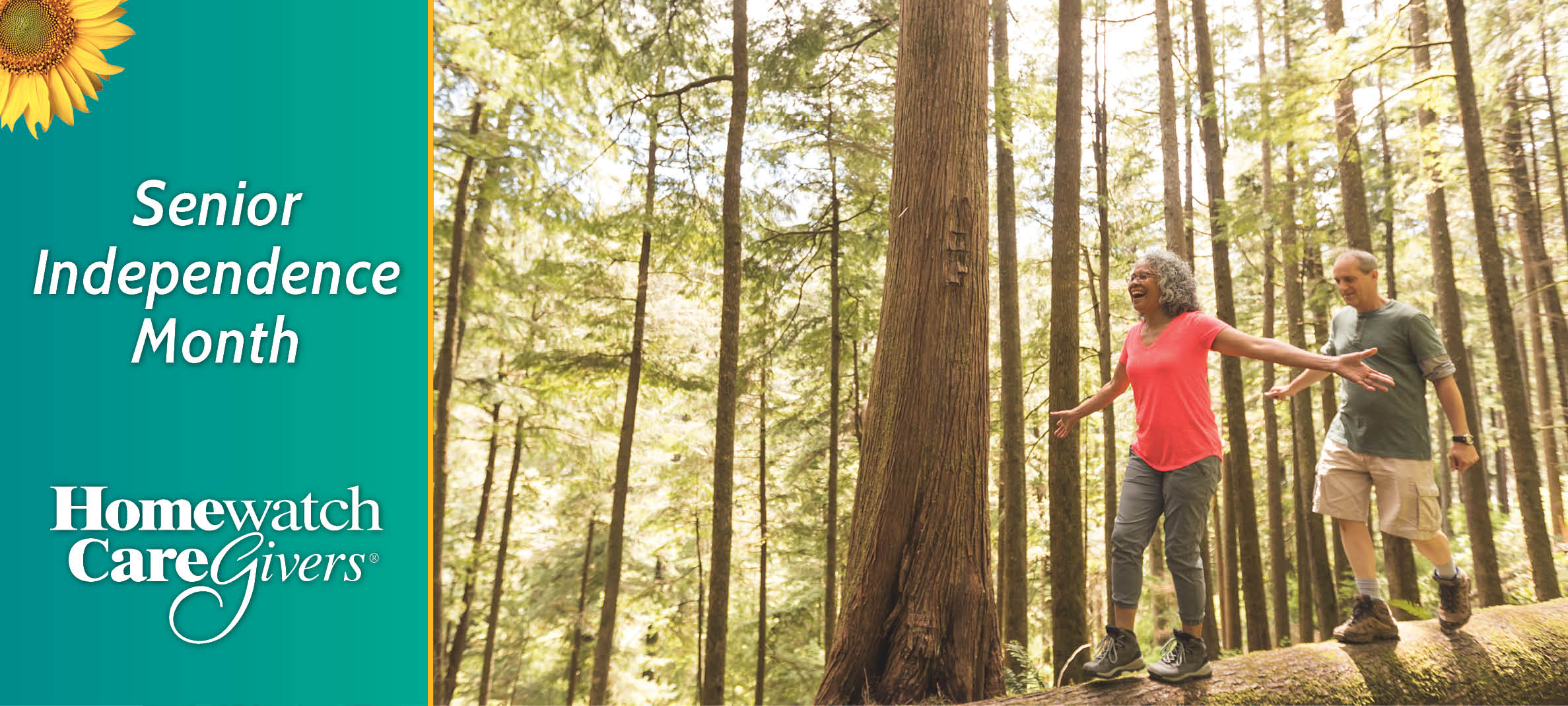Independence is something that becomes so intrinsic to most people after early childhood that it can be a shock to lose some independence with age or illness.
In the United States in contrast to many other countries, independence is highly valued. The Pew Research Center found that “nearly four-in-ten older adults around the world live with extended family, but those in the U.S. rarely do.”
Their study includes these details: “In the U.S., 27% of adults ages 60 and older live alone, compared with 16% of adults in the 130 countries and territories studied. In many countries in the Asia-Pacific, sub-Saharan Africa and the Middle East-North Africa regions – such as Afghanistan, Mali and Algeria – fewer than 5% of seniors live alone.”
Simply put: older people live in smaller households: “U.S. adults ages 60 and older also are more likely than their counterparts around the world to live as a couple without young children at home.”
The reasons for this choice can be economic and based on government services available to older adults, as well as cultural norms. However, there can be benefits to asking for help as you maintain independence too.
How Home Care Can Support Independence
Despite this preference for living alone, as people age and their abilities change so too does the need for support. In-home care services can help individuals develop a life of interdependence and maintaining some independence in their lives.
Starting with the idea of “aging in place” which just means living in one’s home and not a facility, a caregiver from a home care agency can come in to do a falls risk assessment. By making the home itself safer and reducing the risk of a fall, someone who is living alone at an advanced age might be able to enjoy independence longer.
A caregiver can help with light housekeeping, decluttering for any tripping hazards, point out areas of risk to be addressed by a professional electrician, plumber or handyman. For example, the caregiver may be aware that someone is getting up frequently at night to use the bathroom and also observe an absence of nightlights to guide the way.
Simply having a caregiver to engage with regularly to provide companionship, assist with recovering from a surgery, do some meal preparation, give rides to and from medical appointments, can help a senior to stay sharp, feel less lonely and therefore able to stay more independent.
This Senior Independence Month, look at ways to prolong independence for yourself or a loved one, and also consider embracing interdependence with home care services and caregiving.





